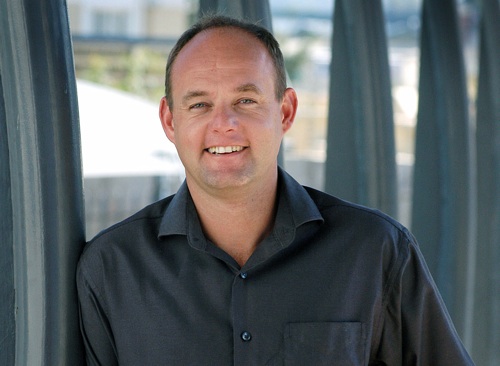
Consumers are being duped into believing that mobile call costs are going to plummet once the country’s cellular network operators begin reducing call termination rates, the fees they charge to carry calls on each other’s networks.
That’s the view of Jacques du Toit, MD of VoxOrion, a subsidiary of JSE-listed telecommunications group Vox Telecom.
“What really grinds me is that consumers are being led to believe that there will be a linear drop in retail rates if interconnect rates drop,” he says.
Du Toit points to the example of Namibia, where that country’s telecoms regulator is forcing down interconnect charges in a phased manner over an 18-month period, from N$1,06/minute to N$0,30/minute. They have already been reduced to $0,60.
But, says Du Toit, there has no been change in retail rates offered to consumers in Namibia. Incumbent mobile operator MTC’s rates have remained the same, he says.
If MTC were to reduce its rates in line with the reduction in interconnect fees, it would affect its ability to invest in network expansion and pay for access to the new West African Cable System that will connect countries along Africa’s western coastline with Europe.
“[Independent Democrats leader] Patricia de Lille and [ECN Telecoms] CEO John Holdsworth are positioning themselves as heroes but the reality of the situation is far from what is being spoken about now,” Do Toit says. Both De Lille and Holdsworth have been vocal on the issue, saying interconnect rates need to come down dramatically.
But, says Du Toit: “If you take this money off, say, Vodacom’s bottom line, don’t you think there will be an impact on rugby sponsorship, or corporate social investment, and so on?”
He says interconnect is too high but should not drop by as much as some people want it to. “I don’t think it should drop from R1,25 to 22c. Bring it down to a rand, perhaps.”
Du Toit feels that a fair rate for interconnect is around 80c/minute, and the rate should be reduced at 5%/year, beginning now, so the mobile operators can find other ways to replace the lost income stream.
Interconnect should also be symmetrical, meaning all operators pay the same rate, Du Toit says. Currently, the mobile operators benefit from an asymmetrical interconnect with Telkom. The fixed-line operator pays significantly more to send a call from its network to the networks operated by Vodacom, MTN and Cell C than the mobile providers pay to Telkom for a call routed in the opposite direction.
Du Toit warns that if interconnection rate are forced down too much, the “negative effect will be worse than it would be if the incumbents are protected in the initial phases [of reducing rates]. Protection for new operators is not about price, it’s about access to other services, such as mobile number portability and geographic numbers like 011 and 012 instead of the 087 number range.” — Duncan McLeod, TechCentral
Click play to listen to Du Toit chatting to Duncan McLeod about interconnect rates:
[audio:https://techcentral.co.za/wp-content/audio/jacquesdutoit.mp3]

